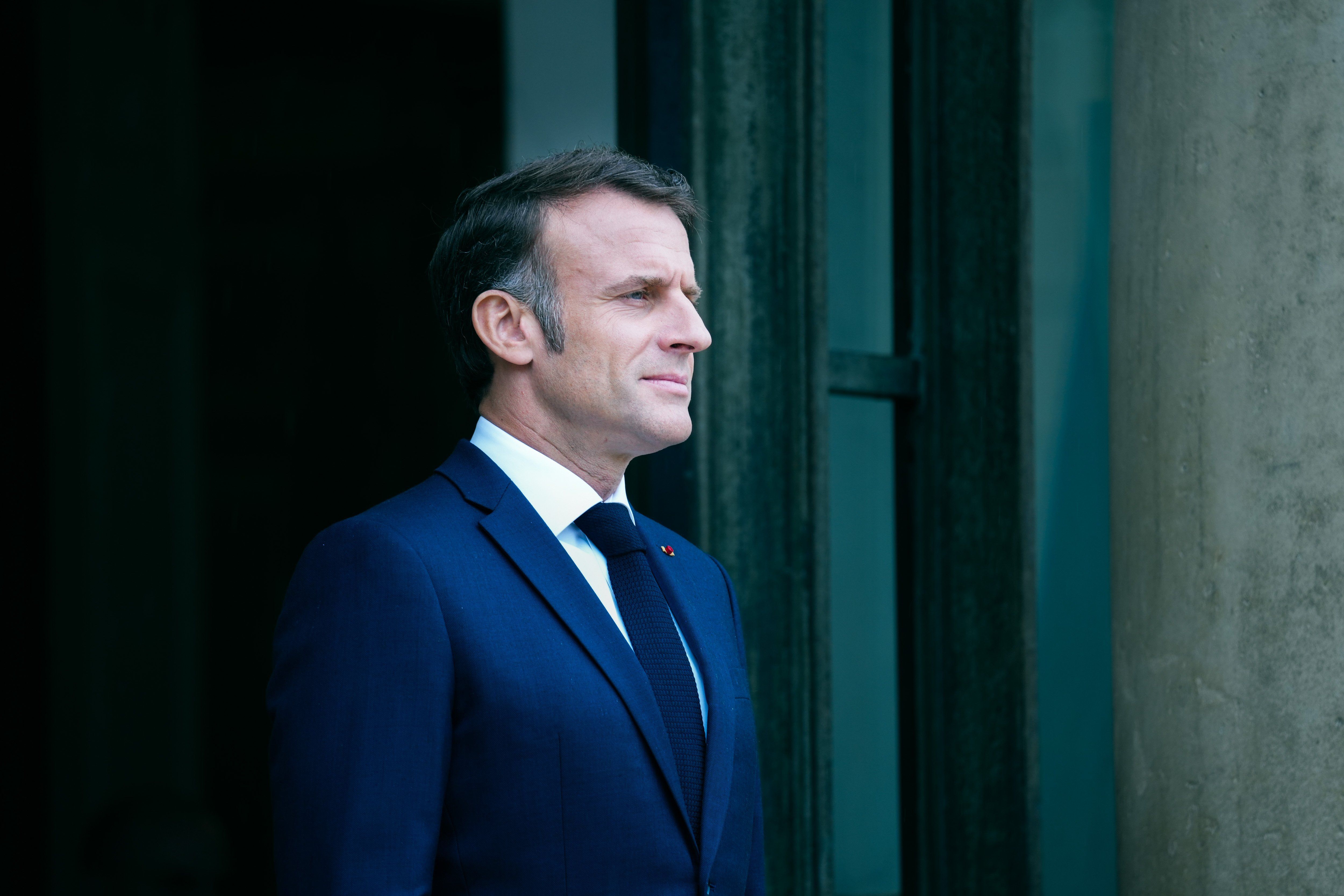French President Emmanuel Macronsays Ukraine should be allowed to use Western weapons to hit military targets inside Russia, a shift that could give Kyiv a boost at a moment when Russia is making sizable gains against overmatched and undersupplied Ukrainian forces.
The remarks come after Ukrainian President Volodymyr Zelensky criticized the limitations on what he can do with Western weapons.
The backdrop: Kyiv’s Western allies want to maximize support for Ukraine but not provoke a testy, nuclear-armed, and still-undaunted Vladimir Putin.
Macron, speaking alongside German Chancellor Olaf Scholz – who agreed with him but has still refused to provide Germany’s own long range “Taurus” missiles to Kyiv – clarified that any strikes should be limited to facilities that Russia uses to attack Ukraine. Ukraine’s recent drone strike on a radar facility used by Russia’s nuclear arsenal was seen as a dangerous provocation of little strategic value.
NATO chief Jens Stoltenberg has said Ukraine should be allowed to hit legitimate targets within Russia, and many member states agree. The US, however, by far the largest supplier of advanced arms to Ukraine, has so far kept restrictions in place.
What about French NATO trainers in Ukraine? Kyiv said earlier this week it had “signed the paperwork” for French NATO troops to do in-country training, but Paris walked it back, saying only that the possibility is under review. The US suggested such a move was “inevitable” a few weeks ago, but its official position is still no US troops in Ukraine. Training Kyiv’s troops locally is faster than the current practice of rotating them abroad for instruction – but it could also create a dilemma if a Russian airstrike killed NATO personnel: Would the alliance invoke Article 5, meaning a direct conflict with Russia? Or would it do nothing, eroding NATO’s credibility?